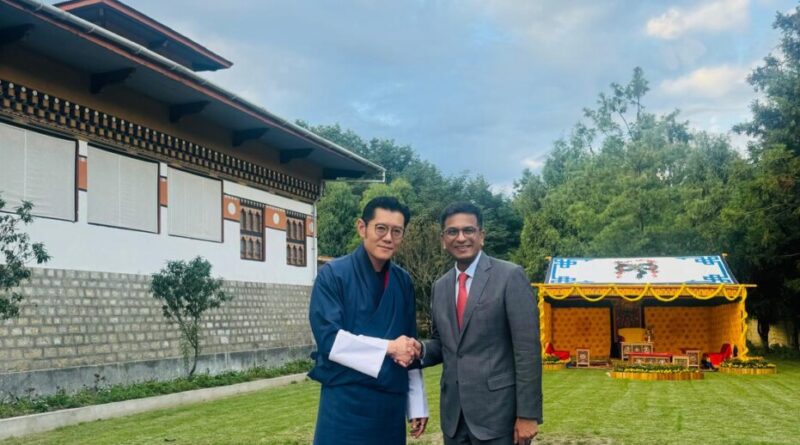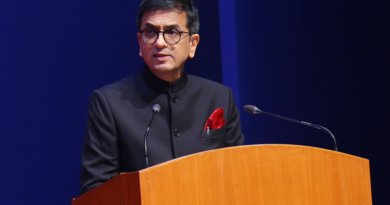Reflecting On a Legacy: Chief Justice DY Chandrachud Prepares for Retirement
(Judicial Quest News Network)
In a poignant address at the convocation ceremony of JSW Law School in Bhutan, Chief Justice of India DY Chandrachud shared his thoughts as he nears the end of his tenure. With just a month left before he steps down, the Chief Justice expressed deep introspection about his legacy and the impact of his service on future generations of judges and lawyers.
“I will be retiring in November after two years of dedicated service to my country,” he remarked. “As my tenure concludes, I find myself grappling with questions about my past and future: Did I accomplish all I aimed for? How will history evaluate my time in office? Could I have approached things differently? What legacy will I leave behind?”
Chandrachud emphasized his commitment to his role, stating, “Each day, I have strived to give my best, and I take comfort in knowing that I served my country with utmost dedication. While many questions may remain unanswered, I find solace in my intentions and efforts. Valuing the journey rather than fixating solely on the outcomes has been essential.”
Among the dignitaries present were Bhutan’s Princess Sonam Dechan Wangchuck and Chief Justice Lyonpo Chogyal Dago Rigdzin, who underscored the event’s significance.
Reflecting on his childhood aspirations, Chandrachud conveyed a lifelong passion for making a difference. He urged young graduates to balance idealism with the expertise gained through their training. “It’s vital to prioritize well-being and find joy in the process,” he advised. “While fears about the future are natural, personal growth comes from confronting and addressing them directly.”
The Chief Justice also highlighted the importance of preserving cultural identities amid globalization. He challenged the misconception that traditional values conflict with modern democratic ideals like liberty and equality. “Countries like Bhutan and India face unique challenges shaped by their histories and cultures,” he noted. “We must critically assess the notion that Western definitions of human rights are universally applicable, recognizing that community-based dispute resolution methods have value.”



